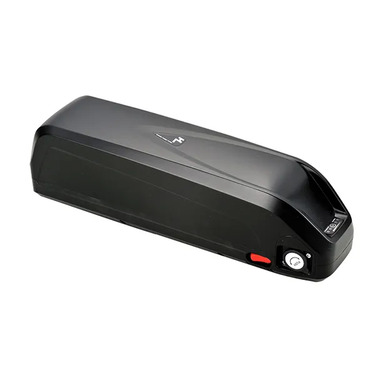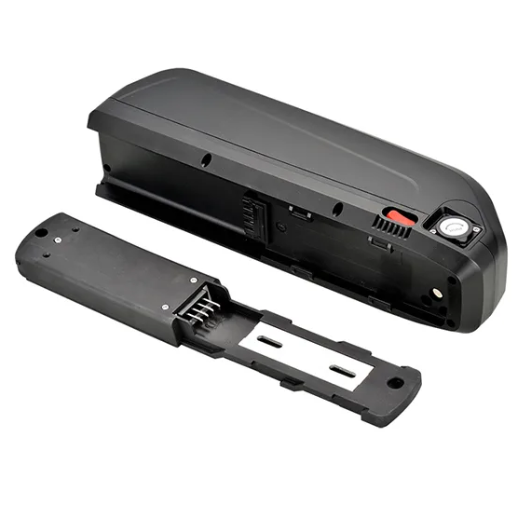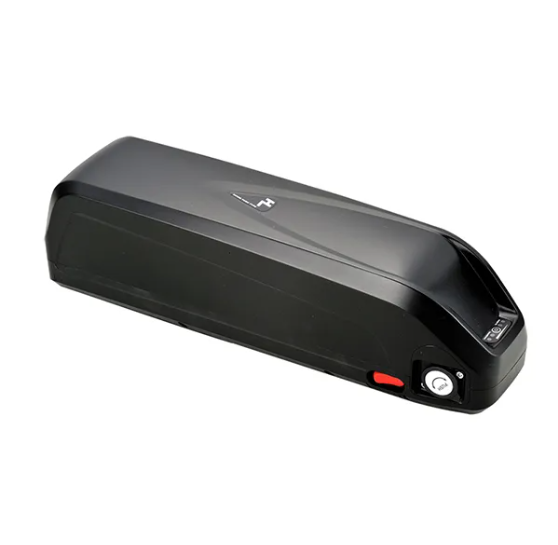News
Site Editor
 Site
/uploads/image/61e7a5cca4d32.png
The electric vehicle (EV) market has seen rapid growth in recent years, driven by increased environmental awareness and government policy support.
Site
/uploads/image/61e7a5cca4d32.png
The electric vehicle (EV) market has seen rapid growth in recent years, driven by increased environmental awareness and government policy support.
Which battery is best for electric bike?
Views: 1098
Author: Site Editor
Publish Time: 2024-07-16
Origin: Site
The electric vehicle (EV) market has seen rapid growth in recent years, driven by increased environmental awareness and government policy support. This growth has not only transformed transportation but also profoundly impacted the entire automotive industry supply chain. In terms of battery technology, EVs have made batteries a critical component. Choosing the right battery type is crucial for achieving adequate range, performance stability, and safety in electric vehicles. Modern battery technologies must not only advance in energy density and charging speed but also meet demands for efficiency, longevity, and safety. Therefore, battery manufacturers and automakers face challenges and opportunities in selecting battery types and optimizing battery management systems. This decision not only affects product competitiveness but also impacts overall consumer experience and trust.

Battery Type Overview:
-
Lithium batteries are one of the most common types of batteries used in electric vehicles and portable devices today. Its basic principle utilizes the movement of lithium ions between the positive and negative electrodes to store and release energy. Lithium batteries are favored for their high energy density and low self-discharge rate. Common types include lithium cobaltate, lithium manganate, lithium iron phosphate, and lithium ternary, each of which differs in energy density, safety, and cost.
-
Nickel-metal hydride (NiMH) batteries use nickel alloy as the anode material and hydroxide as the cathode material, and are characterized by high energy density and low cost. This type of battery is commonly used in hybrid vehicles and portable electronic devices, and has a good cycle life and high safety.
-
Lead-acid batteries are a traditional battery design with lead as the negative electrode material, lead oxide as the positive electrode material, and a sulfuric acid solution as the electrolyte. Lead-acid batteries have obvious advantages in terms of cost and recycling rate, and are especially widely used in starting batteries and emergency power supplies.
Key Performance Indicators:
-
Energy density is a key indicator of a battery's energy storage capacity, which directly affects EV range. High energy density means that more energy can be stored, extending the use time of the device.
-
Power density affects the power output capability of the battery, which is especially critical to the acceleration performance and instantaneous power output of EVs. High power density provides faster acceleration response and stronger power output.
-
Cycle life is an important metric for evaluating a battery's ability to be used in the long term, especially for EVs and energy storage systems. Different types of batteries exhibit different cycle lives, which directly impacts battery economy and reliability.
-
Charging rate is the speed at which the battery receives electrical energy. Fast charging technology can significantly reduce charging time and improve user convenience and experience.
-
Temperature characteristics are important considerations for battery performance in different temperature environments. Proper temperature management can extend the life and stability of the battery and avoid performance degradation or safety issues at extreme temperatures.

Battery Shopping Advice:
When shopping for batteries, there are a few key factors to pay special attention to in order to ensure that you choose the best product for the job:
-
Understand the needs: first of all, it is important to identify the specific use of the electric vehicle and the expected driving range. Different usage scenarios may require different types and specifications of batteries. For example, long-distance driving requires high energy density and consistent cycle life, while city commuting may be more focused on power density and fast-charging capability. In addition, budget is also a deciding factor, and a balance needs to be found between performance and cost.
-
Focus on performance parameters: Carefully compare the energy density, power density, cycle life and other performance indicators of different battery products. Batteries with high energy density provide longer range, while high power density provides faster acceleration and responsiveness. Batteries with long cycle life mean longer service life and lower maintenance costs. When choosing, you need to weigh the metrics against your actual needs.
-
Consider safety: Especially for products that use lithium batteries, such as electric vehicles or portable electronic devices, safety is a critical consideration. Although Li-ion batteries have superior performance, overcharging or over-discharging may lead to safety risks and even fire or explosion. Therefore, it is especially important to select battery products with well-developed protection circuits and temperature management systems. These systems can effectively monitor the charging and discharging process of the battery, prevent potential safety issues, and enhance the stability and reliability of the battery.
-
Temperature Characteristics: The performance of a battery in different temperature environments directly affects its performance and life. High temperatures accelerate the aging and damage of the battery, while low temperatures affect the charging and discharging efficiency of the battery. Therefore, choosing a battery with good temperature adaptability will ensure excellent performance in all climatic conditions.
Brand & After-sales Service
Brand and after-sales service are important factors that should not be ignored when purchasing batteries for electric vehicles. Choosing battery products from well-known brands usually means higher quality assurance and more reliable performance. Well-known brands usually invest a lot of resources in research and development and testing to ensure that their products perform well under various conditions and are safe and reliable. In addition, quality after-sales service can provide consumers with more protection, such as timely technical support, fast after-sales response and convenient warranty service.

